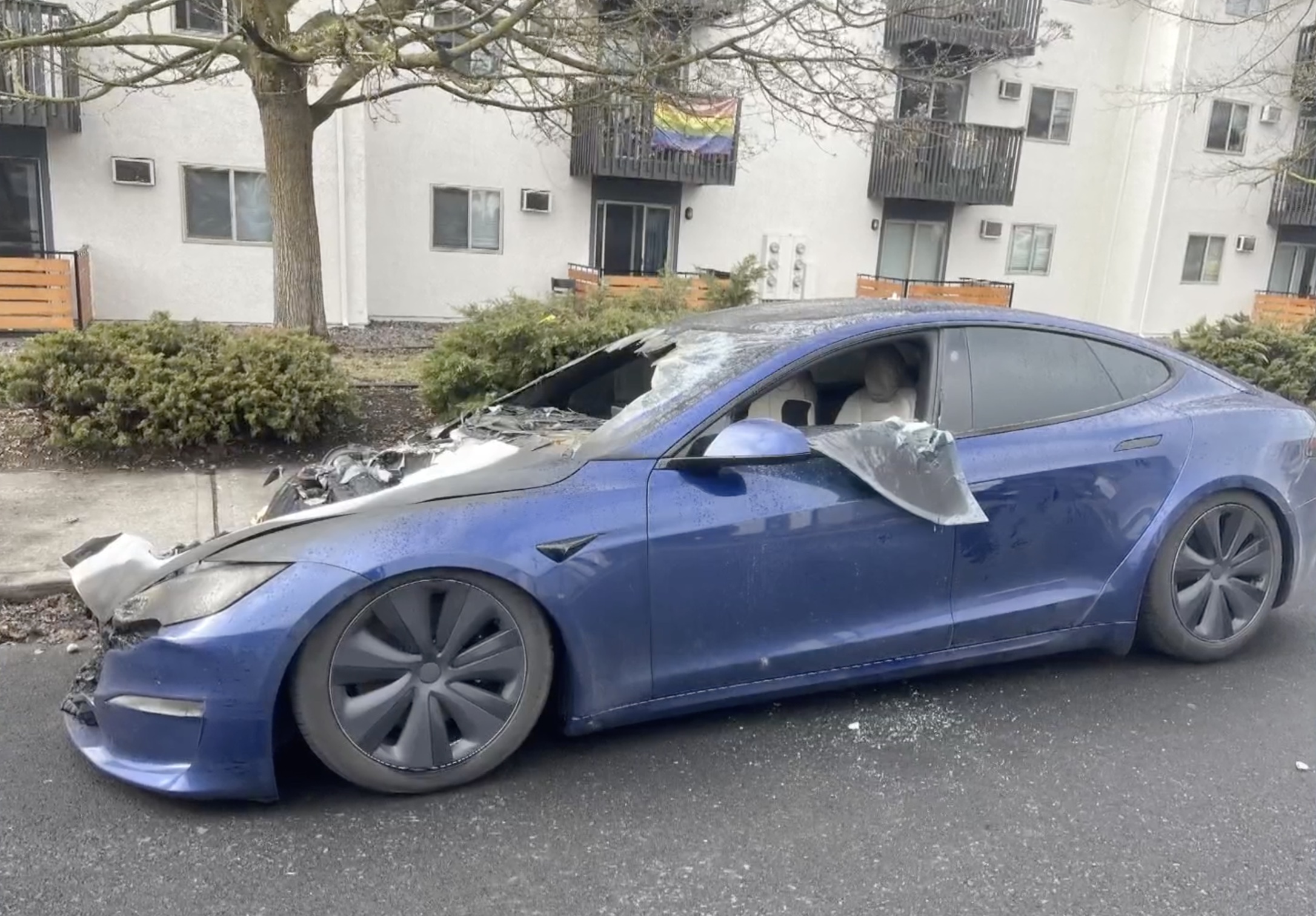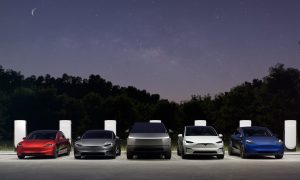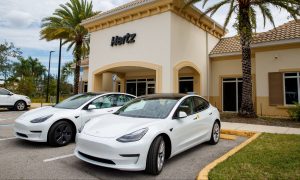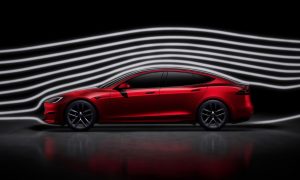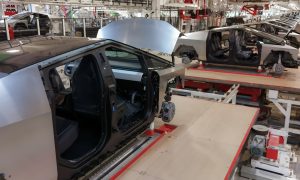Electric vehicles (EVs) have reached a point where it is almost undeniable that they will only grow in popularity in the years to come. But inasmuch as EV adoption is accelerating, some myths about electric cars and their alleged dangers simply refuse to die.
One of these is the idea that electric cars are very prone to fires. When a fire blazed through a car park in Luton Airport last month, speculations were abounding that an electric car was to blame. Even when the Bedfordshire fire service noted that the fire seemed to have started in a diesel car, the anti-EV narrative was still prominent.
As noted in a recent report from The Guardian, claims about electric vehicle fires tend to fall into two broad categories: one is the idea that EV fires are very common, and another alleges that when electric car fires happen, they are far more damaging.
Fortunately, there are now millions of electric vehicles on the road today, so data about EVs is already present. And as per currently available data, evidence suggests that there is no reason to believe that electric cars are more likely to catch fire compared to their combustion-powered counterparts. In fact, the opposite seems to be true.
Colin Walker, the head of transport at the Energy and Climate Intelligence Unit, noted that combustion-powered car fires are just so common that incidents are not reported anymore. “All the data shows that EVs are just much, much less likely to set on fire than their petrol equivalent. The many, many fires that you have for petrol or diesel cars just aren’t reported,” Walker said.
This was quite true in Norway, the country with the world’s highest proportion of electric vehicle sales. As per the directorate for social security and emergency preparedness, there are about four to five times more fires from petrol and diesel-powered cars than electric vehicles. The Swedish Civil Contingencies Agency also noted that there were 3.8 fires per 100,000 electric or hybrid cars in 2022, while there were 68 fires per 100,000 cars when all fuel types are taken into account.
Australia’s EV FireSafe’s findings were similar, with the entity finding that there was a 0.0012% chance of a passenger electric EV catching fire. For internal combustion cars, it was a 0.1% chance. Tesla, the world’s largest maker of electric vehicles has also stated that the number of fires on US roads involving its vehicles was 11 times lower per mile compared to the industry average.
Overall, while EV fires can be very tricky when they do occur, the overall risk of being caught in one is significantly lower than for petrol or diesel cars, as per current data. Although the number of EV fires could rise as more electric cars hit the roads, their number would have to multiply several times to at least match the fire risk posed by conventional combustion-powered vehicles today.
Don’t hesitate to contact us with news tips. Just send a message to simon@teslarati.com to give us a heads up.

